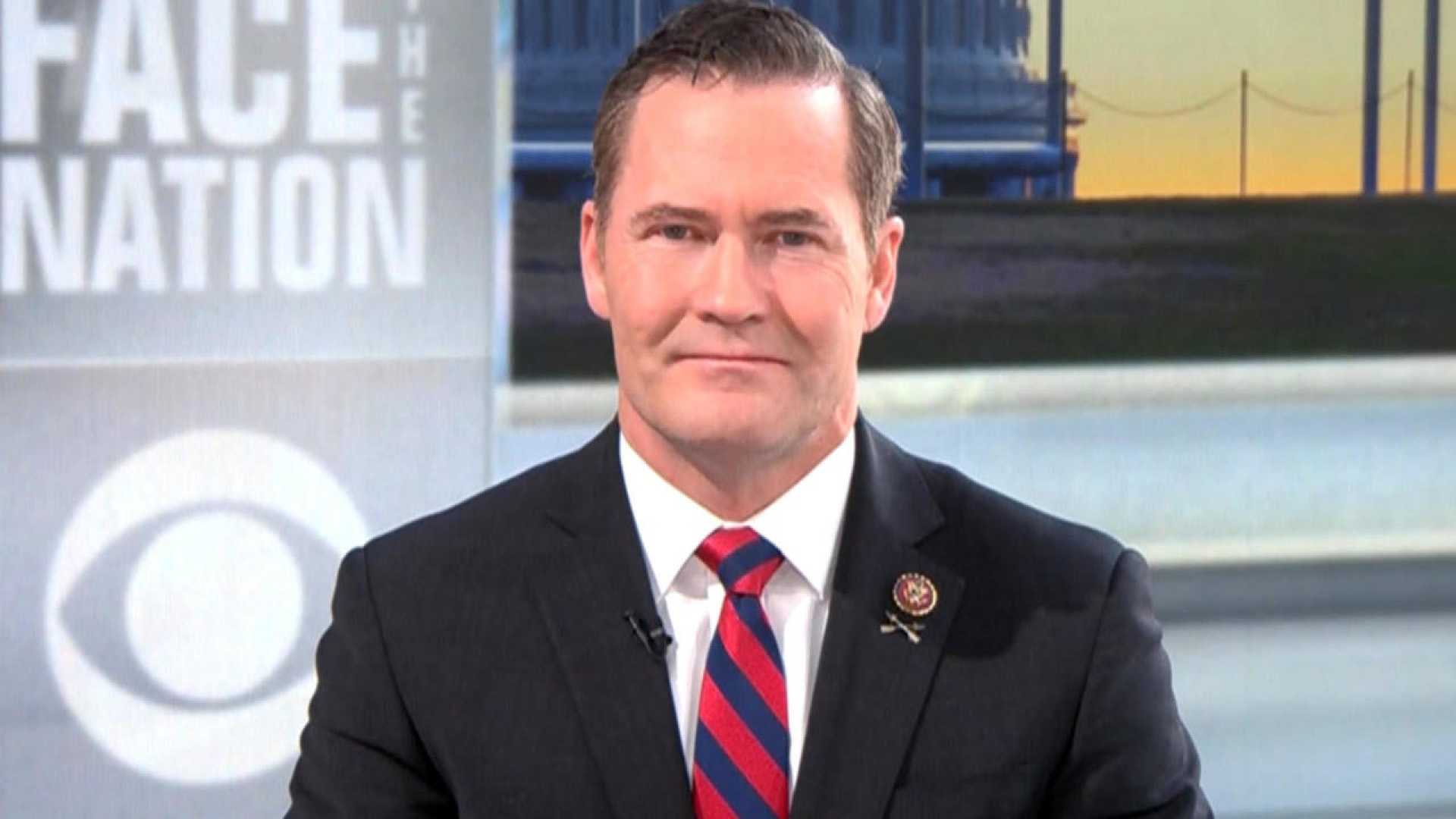Politics
Trump’s National Security Adviser Outlines Hostage Deal, Middle East Strategy

WASHINGTON, D.C. — Incoming National Security Adviser Rep. Mike Waltz detailed the Trump administration’s plans to secure the release of American hostages in Gaza, address Middle East tensions, and tackle global security challenges during an interview on “Face the Nation” on Jan. 19, 2025.
Waltz confirmed that three American hostages, including Israeli soldier Edan Alexander, are expected to be released as part of a phased deal negotiated under the Biden administration. “We will get him out, period,” Waltz said, crediting President-elect Donald Trump‘s influence for pressuring Hamas to agree to the terms. He emphasized that the deal, which prioritizes the release of women, the elderly, and the sick, would not have been possible without Trump’s election.
The congressman also addressed internal Israeli politics, noting that Prime Minister Benjamin Netanyahu supported the deal despite pressure from far-right factions. Waltz reiterated the administration’s commitment to ensuring Hamas never governs Gaza again, calling the group “no different than ISIS or Al Qaeda.”
On broader Middle East policy, Waltz hinted at expanding the Abraham Accords to include Saudi Arabia, though he acknowledged the complexities of achieving a two-state solution. “President Trump’s plan had a pathway to a two-state solution with important qualifiers,” he said, emphasizing the need to stop radicalizing Palestinian youth and build infrastructure to reduce historic animosities.
Domestically, Waltz outlined aggressive plans to address border security, including targeting cartels and criminal gangs like MS-13 and Tren De Aragua. He also discussed potential executive actions to combat China‘s cyber threats, stating, “We cannot play perfect defense.”
Regarding Ukraine, Waltz confirmed that Trump’s envoy has set a 100-day timeline to end the war, though he declined to provide specifics. “This war has to stop,” he said, highlighting the escalating global consequences of the conflict.
Waltz concluded by emphasizing the administration’s focus on Iran, noting that recent Israeli operations have weakened the regime. “This is a moment to make key decisions,” he said, signaling a potential shift in U.S. policy toward Tehran.












